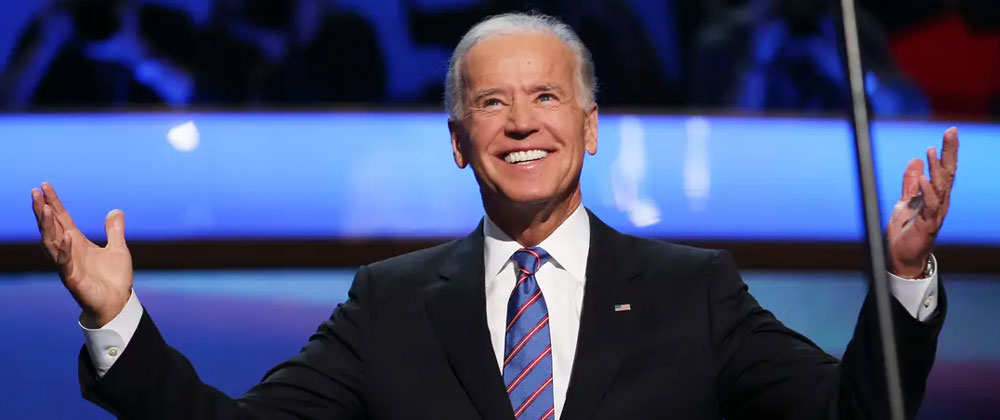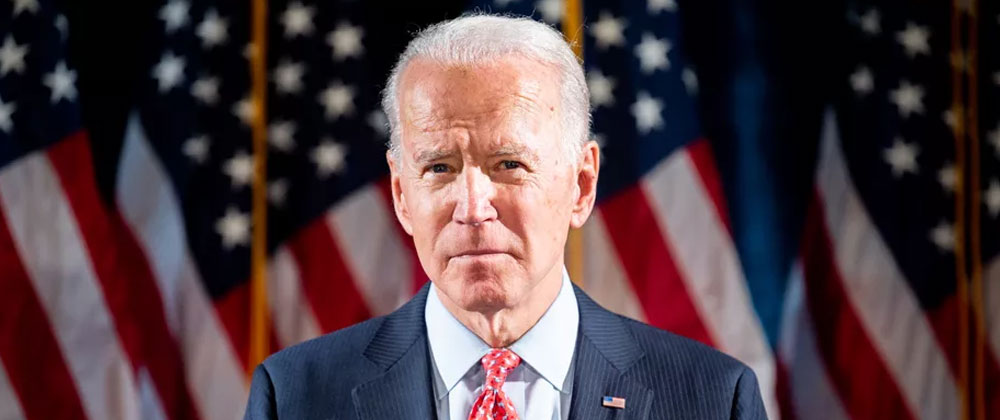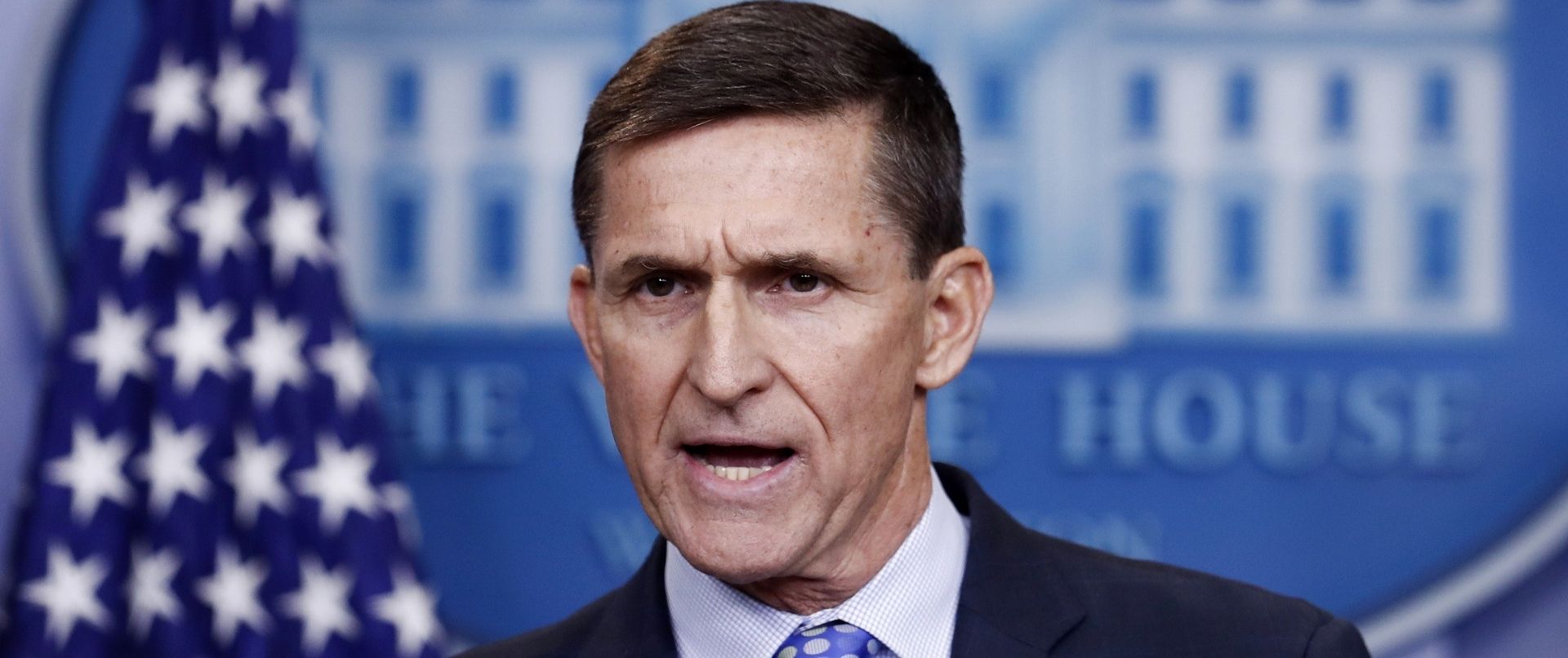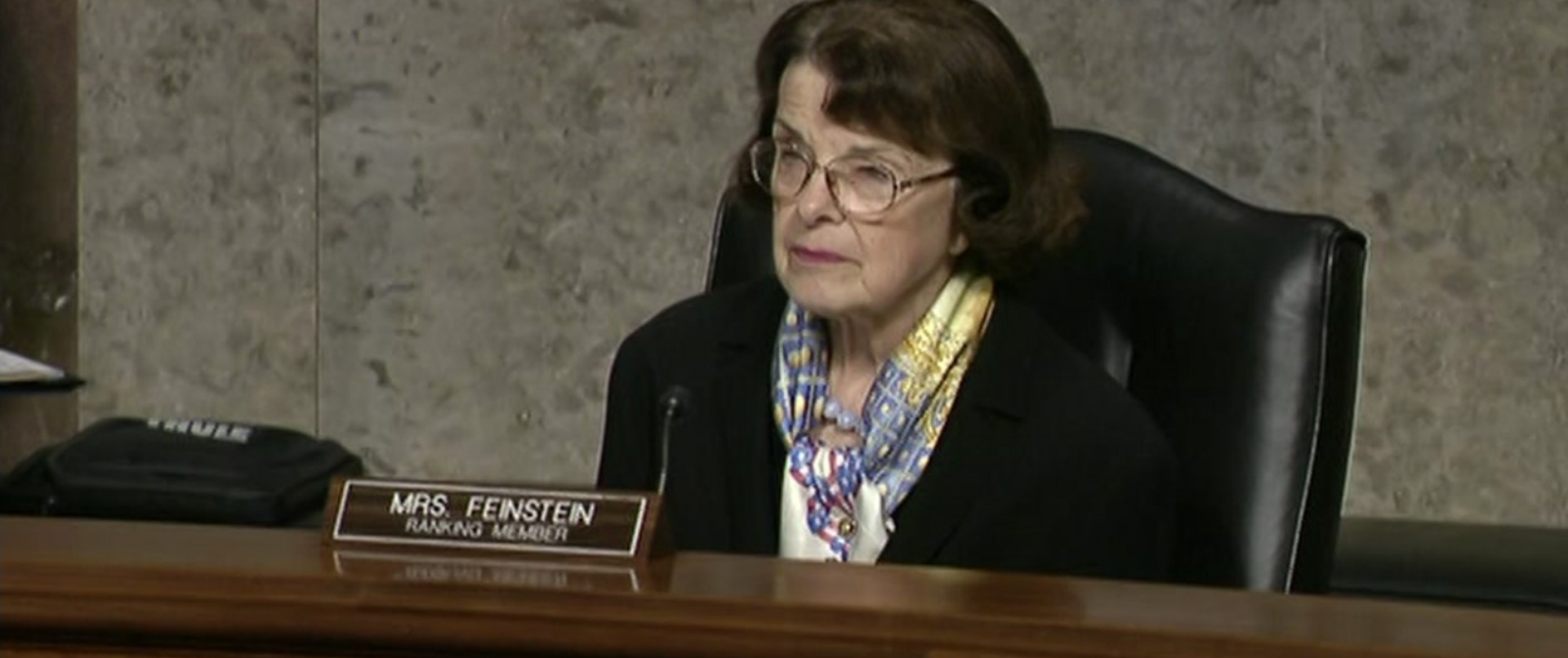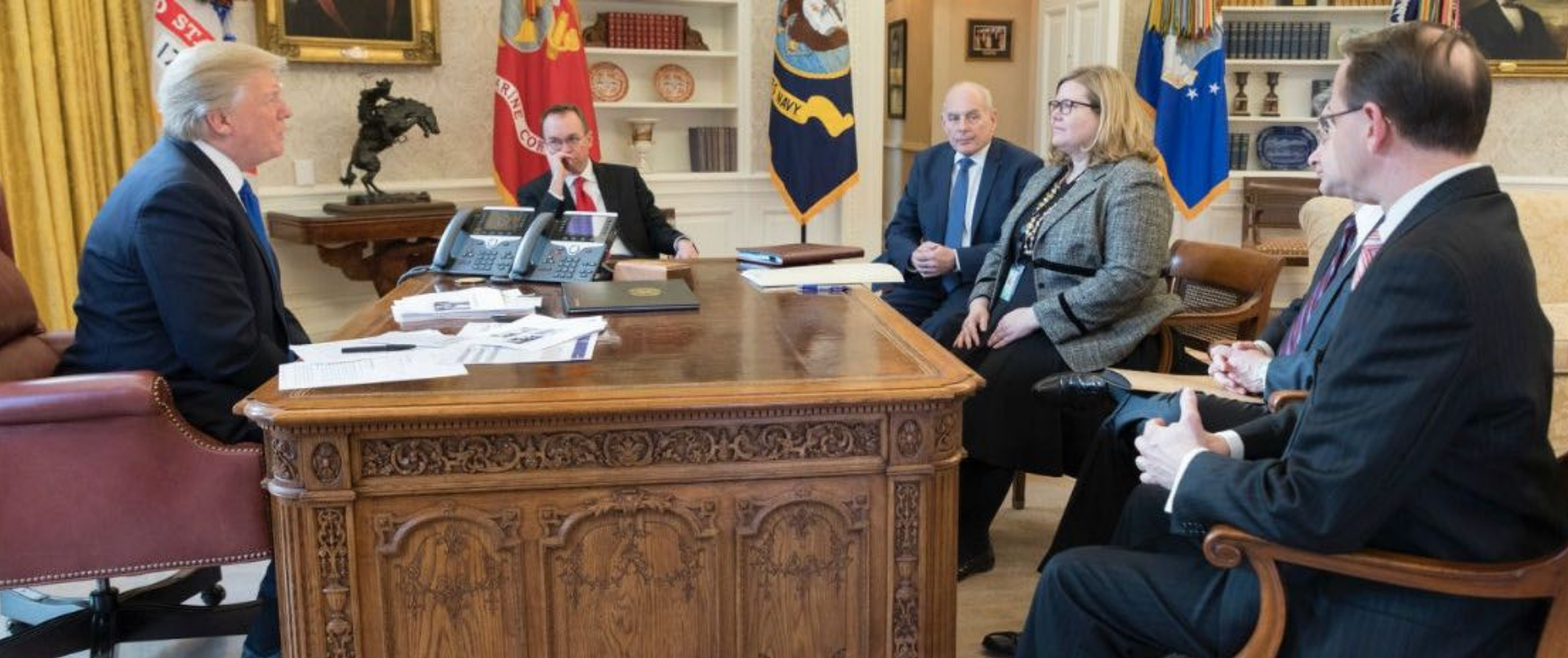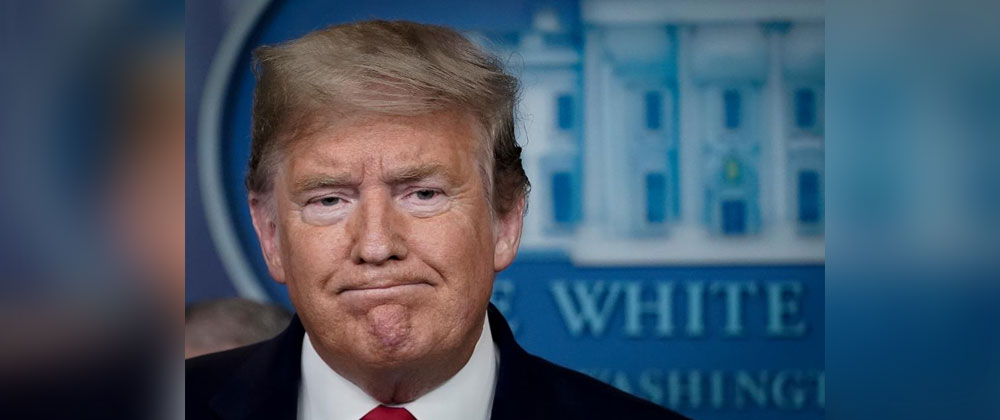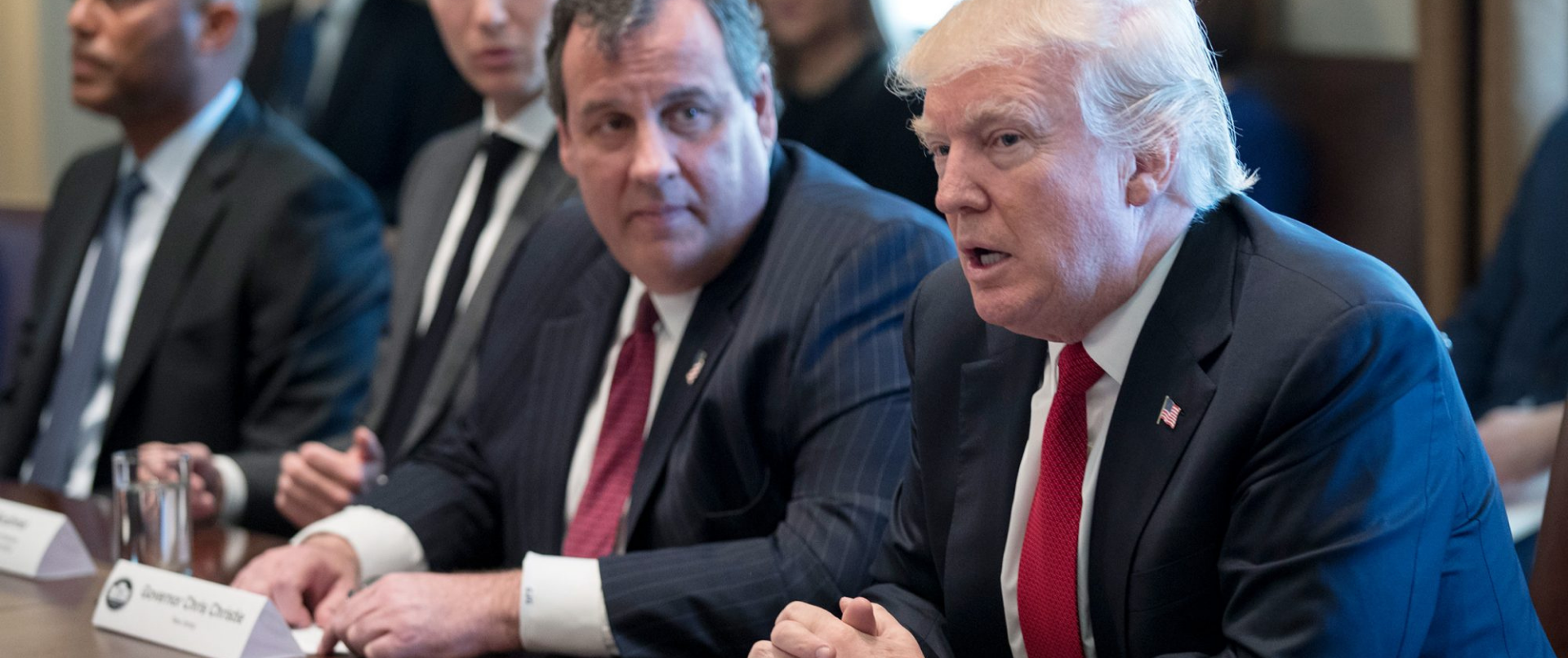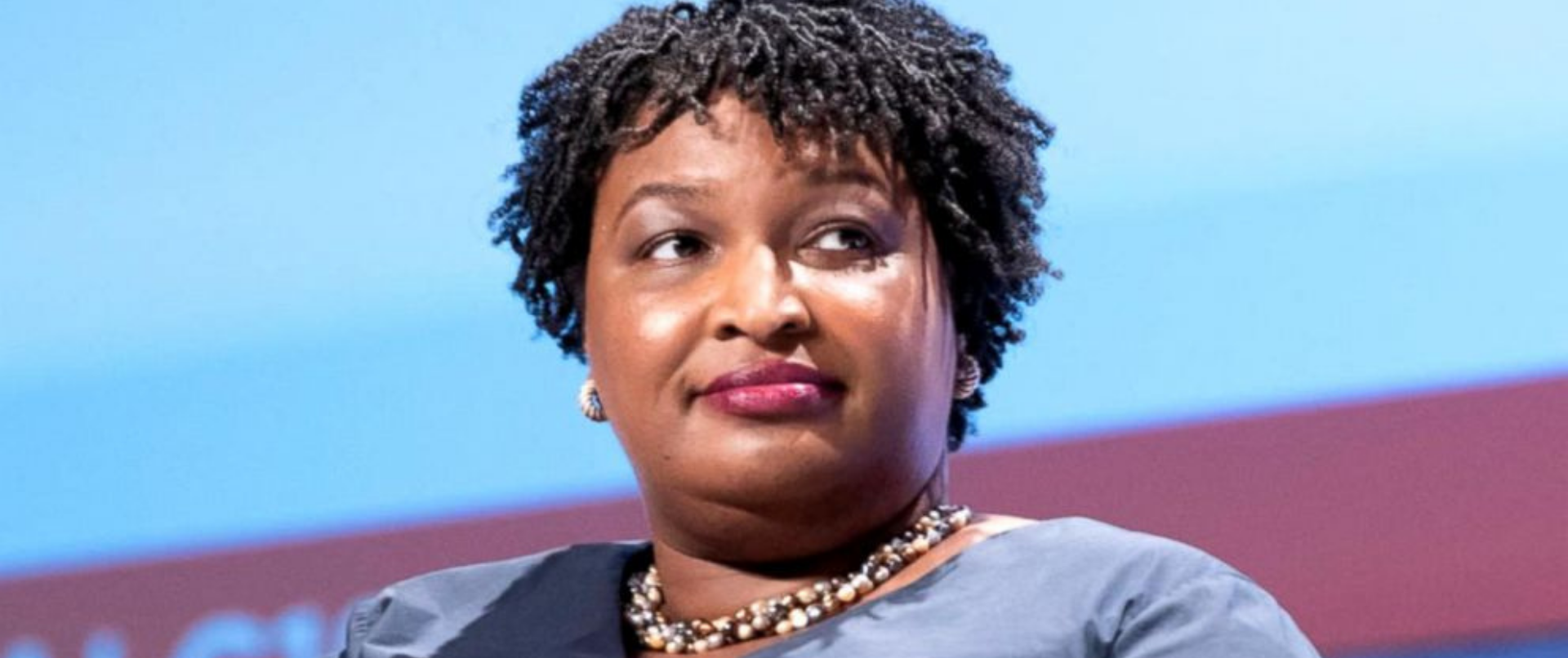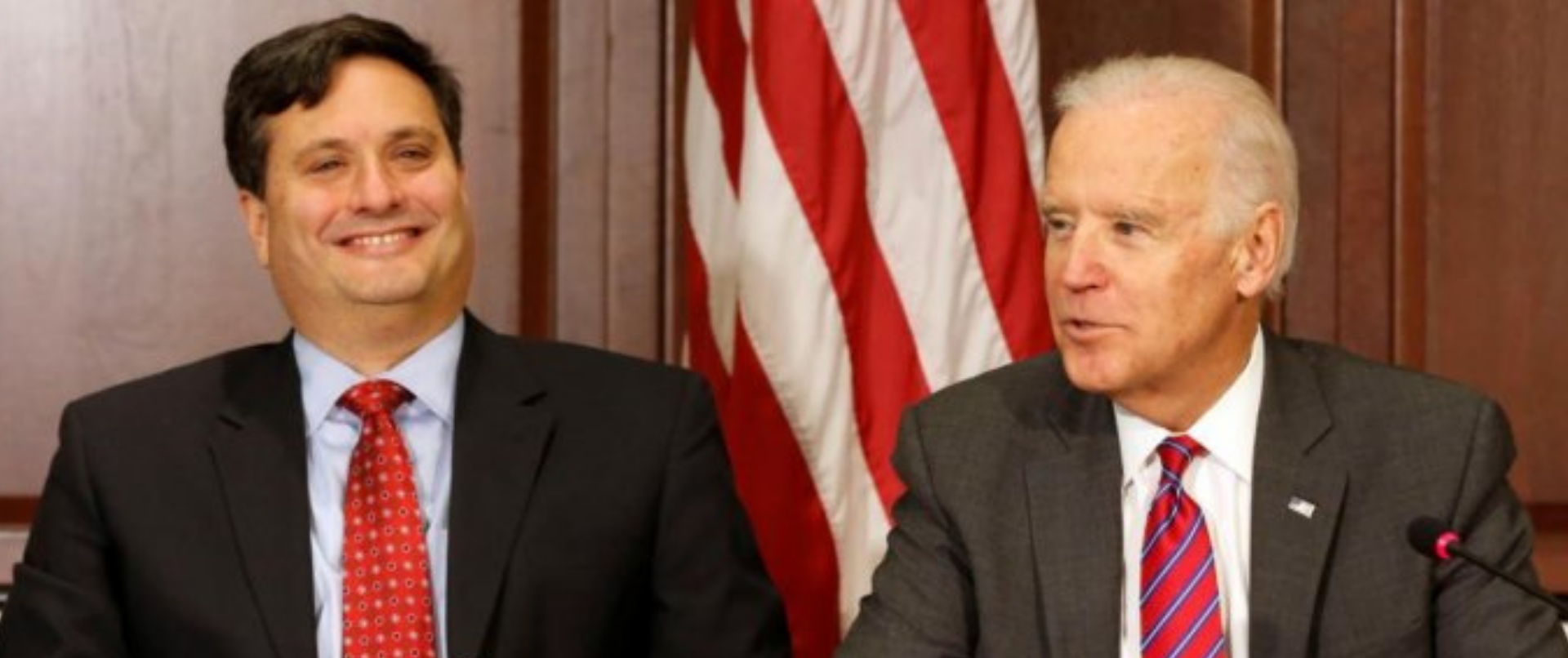What Do We Know About The Businesses That Received The PPP Loans
The Trump administration this week released data about recipients of loans under a key program created to help small businesses and their employees weather the coronavirus downturn.
The Small Business Administration (SBA), in consultation with the Treasury Department, revealed information on Monday about loans under the Paycheck Protection Program (PPP) — an initiative that allows employers to obtain loans that will be forgiven if used to retain workers.
The SBA released information on loans of at least $150,000 that included the names of recipients and a range for the amount of their loans, as well as data about loans under $150,000 that did not include recipients’ names.
The figures are sure to be scrutinized by lawmakers and advocacy groups that pressed for the data to be released to ensure that the $660 billion program is working as intended.
Here are five takeaways from the PPP loan data.
The SBA said in a report issued alongside the data that 4.9 million loans were made through June 30, totaling about $521 billion. The agency said the loans are supporting about 51 million jobs.
Industries that have received the most money include health care and social assistance; professional, scientific and technical services; construction; manufacturing; accommodation and food services; and retail, according to the SBA.
While nonprofits typically cannot receive loans guaranteed by the SBA, tax-exempt charities are eligible to receive PPP loans. The SBA said about 88,000 loans have gone to religious organizations and about 11,000 went to civic and social organizations. Other nonprofits claimed about 34,000 loans.
Several lawmakers on both sides of the aisle have ties to businesses that benefited from PPP loans.
Companies linked to lawmakers are not prohibited from participating in the program, and they make up only a small amount of the total number of loans, but the loans may come under scrutiny amid concerns about whether the funds ended up with businesses that have the greatest need.
House members with links to businesses that got loans include Representatives Kevin Hern, Markwayne Mullin, Mike Kelly and Matt Cartwright, according to examinations of the data. Hern owns several McDonald’s franchises, Mullin owns plumbing businesses, Kelly owns car dealerships and Cartwright’s wife is a partner at a law firm founded by her late father.
Spokespeople for the lawmakers have said the lawmakers are not involved in day-to-day operations of the businesses and did not play a role in the loan application process.
Additionally, a business linked to the husband of Speaker Nancy Pelosi received a PPP loan. Pelosi spokesman Drew Hammill said that the Speaker’s husband, Paul Pelosi, only has an 8.1 percent stake in the company.
“Mr. Pelosi is a minor, passive investor in this company,” Hammill said. “He was not involved in or even aware of this PPP loan.”
The legislation that established the PPP was passed by Congress with overwhelming bipartisan support.
The Congressional Black Caucus Foundation, the Congressional Hispanic Caucus Institute and the Congressional Sportsmen’s Foundation — nonprofits with ties to congressional caucuses — also received PPP loans.
Lobbying groups were among loan recipients
The SBA data showed that lobbying firms and the nonprofit arms of advocacy organizations have received millions of dollars in PPP loans.
Lobbying firms that participated in the program include APCO WorldWide, Wiley Rein LLP, Miller & Chevalier Chartered and DCI Group LLC.
Social welfare organizations, trade groups and chambers of commerce are not eligible to receive PPP loans. But the educational arms of advocacy groups organized as 501(c)(3) nonprofits could apply for loans.
Those groups included NARAL Pro-Choice America Foundation and Americans for Tax Reform Foundation, both of which received loan funds.
Loans have benefited some prominent companies, celebrities-
The PPP’s broad eligibility requirements helped the federal government deploy billions of dollars in loans across a wide swath of the economy. But that also helped some deep-pocketed companies and celebrities obtain loans.
Rapper Kanye West’s fashion brand Yeezy landed a loan between $2 million and $5 million. The production companies for jam band Phish and rapper Lil Jon also secured loans, likely to continue paying road crews and technicians who have been out of work amid the widespread cancellation of concerts.
Several businesses that cater to some of the wealthiest and most powerful Americans also received aid through the program, including Washington, D.C.-area private schools Sidwell Friends and Georgetown Prep, as well as The Greenbrier Hotel and Sporting Club owned by West Virginia Gov. Jim Justice, several elite country clubs and private jet businesses.
Much remains unknown about PPP recipients-
Despite the trove of data released this week, there is still much information that isn’t public about the loan program.
The average SBA loan size is about $107,000, according to the agency, which is well below the cutoff for the identity of business to be revealed. The SBA only made public the names of businesses that got loans of at least $150,000 — a group that consists of only 13.5 percent of all loans, though it makes up about 73 percent of the dollar amount distributed.
Treasury Secretary Steven Mnuchin said the administration chose to release the information it did in an effort to balance transparency with privacy. But Democrats are pushing for further disclosures.
Mnuchin and SBA Administrator Jovita Carranza last month told House Democratic committee chairs that the SBA would give the committees full access to all borrower names and loan amounts, with the understanding that the committees would not reveal nonpublic personal information. A spokeswoman for House Ways and Means Committee Chairman Richard Neal said the panel received the full PPP loan data on Friday.
One thing Democratic lawmakers are looking to examine is whether Black and Hispanic business owners were able to access PPP loans, particularly since a disproportionate number of minority-owned firms failed during the first months of coronavirus lockdowns.



